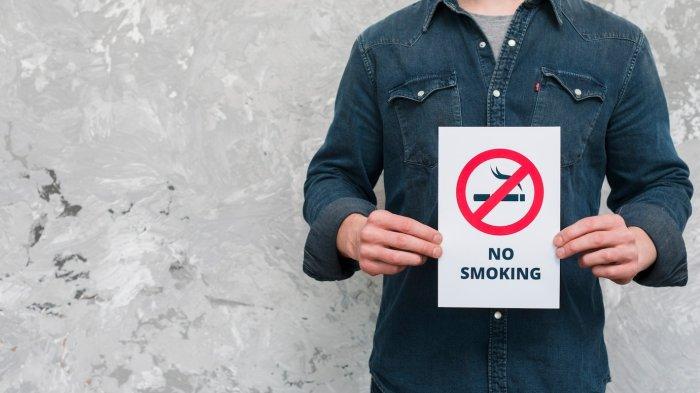Euro News reported that so far the smoking ban has only applied in public transport, bars, workplaces and restaurants.
But as of January 15, the Mexican government extended the law to all indoor and outdoor public spaces such as hotels, resorts, beaches, parks, and anywhere children are frequent guests.
The only legal places to smoke tobacco in Mexico are in private homes or private outdoor areas.
Mexico now has one of the strictest anti-tobacco laws in the world.
According to Reuters, tourists who smoke in public can face a fine of between $50 and $300.
Those who refuse to cooperate with the ban also face up to 36 hours in prison.
The regulations relating to e-cigarettes and e-cigarettes have also been tightened.
This device may not be imported, sold or used in any public place in Mexico.
Ban smoking everywhere else
Mexico isn’t the only country with strict smoking laws.
Similar restrictions are already in place in Ireland, Greece, Hungary and Malta.
Last year, Costa Rica also banned smoking in all public places, including bars, restaurants, and bus stops.
As a rule of thumb, if you expose other people to secondhand smoke, don’t smoke there.
But even though smoking in public is legal, many countries have specific areas where a person can be fined for smoking.
Some cities like Barcelona have also banned smoking on beaches to curb garbage pollution.
More than 100 of the country’s 3,514 beaches imposed the ban on July 1 last year, including the Costa del Sol and the Balearic Islands.
The popular French ski resort of Les Gets has also banned smoking in its common areas to prevent cigarette butts from polluting the environment.
Not only for cigarettes, in some countries there are also strict rules for e-cigarettes and e-cigarettes.
Vaping in public places is illegal in Colombia and Iran.
Buying e-cigarettes is illegal in Turkey.
Possession of an e-cigarette is punishable by a US$2,000 fine in Singapore.
Australia requires a person to have a prescription for possession of e-cigarettes that contain nicotine.






